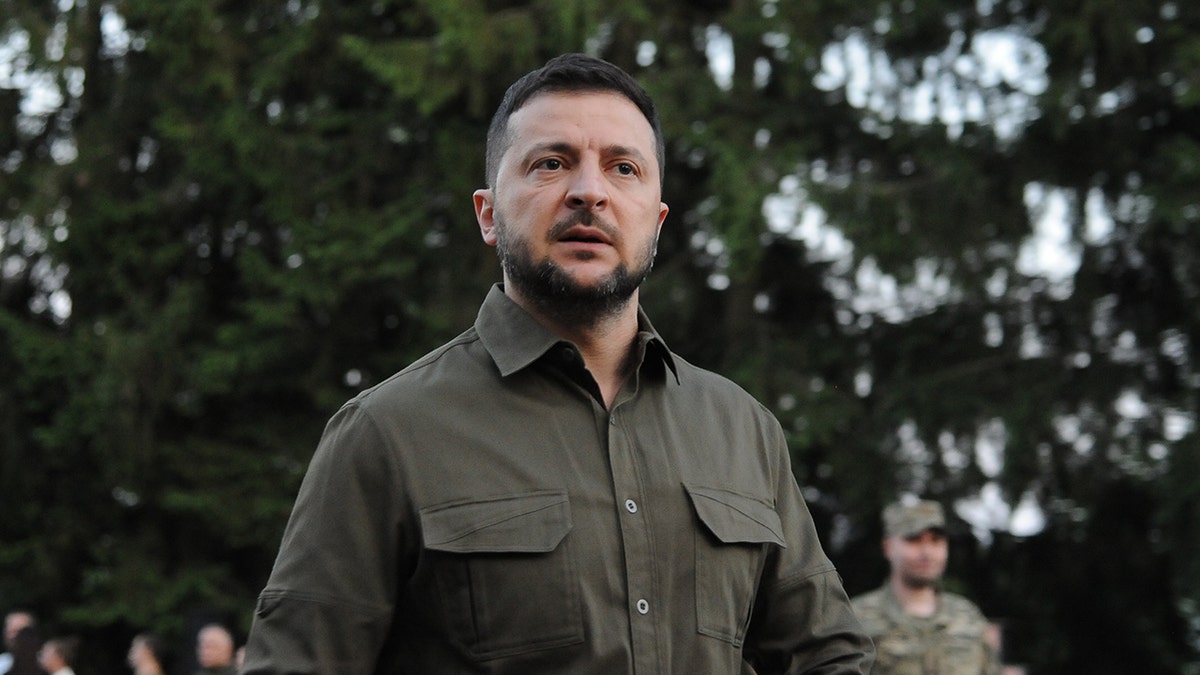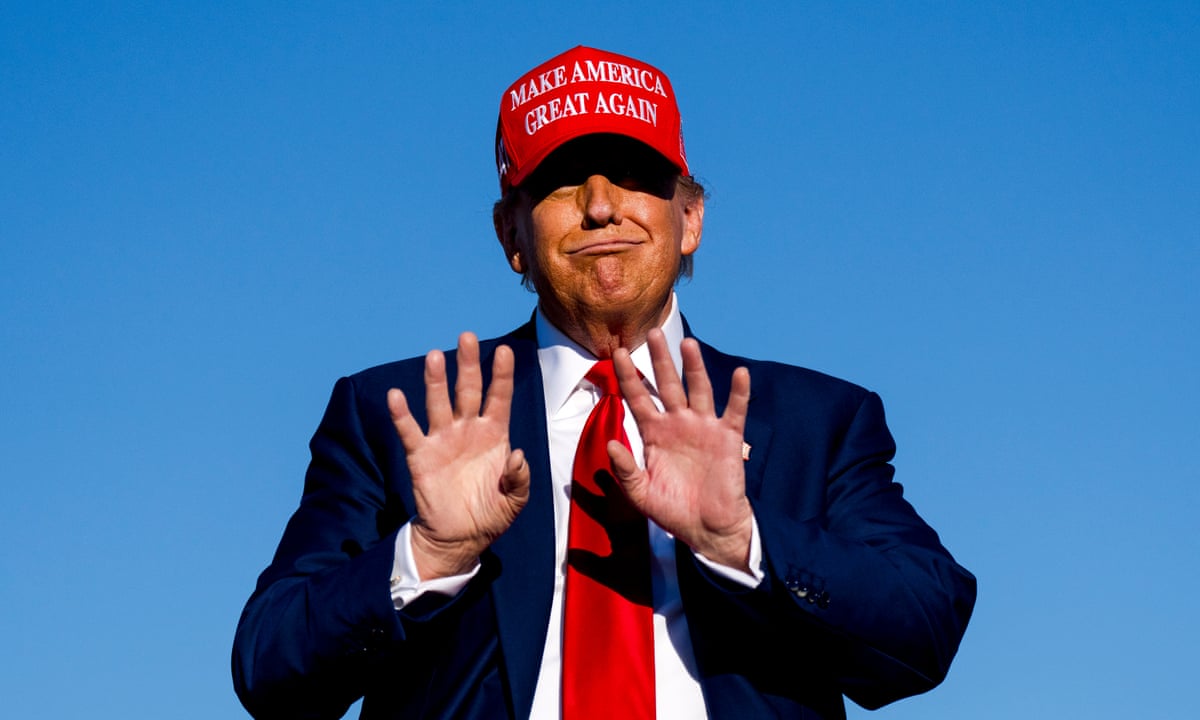Trump’s Bold Stand: How JD Vance and President Trump Held Their Ground Against Zelenskyy’s Entitlement

In a striking moment of political fortitude, Vice President JD Vance offered his take on last week’s heated White House exchange between President Donald Trump and Ukrainian President Volodymyr Zelenskyy, exposing what he described as a “lack of respect” and “a sense of entitlement” from the Ukrainian leader. The episode not only underscored the Trump administration’s commitment to prioritizing American interests but also reaffirmed its strategic approach to ending foreign conflicts without indefinite U.S. involvement.

The Clash in the Oval Office
During an Oval Office meeting, Zelenskyy confronted the Trump administration’s push for diplomacy to end Russian President Vladimir Putin’s war. As Vance laid out the importance of negotiations, Zelenskyy incredulously asked, “What kind of diplomacy, JD, you are speaking about? What do you mean?”
Without hesitation, Vance delivered a firm yet measured response: “I’m talking about the kind of diplomacy that’s going to end the destruction of your country. I think it’s disrespectful for you to come into the Oval Office to try to litigate this in front of the American media…You should be thanking the president for trying to bring an end to this conflict.”
Vance pointed out the stark reality—that despite receiving billions in U.S. aid, Zelenskyy failed to express sufficient gratitude and seemed more focused on escalating tensions than pursuing peace. While Zelenskyy has publicly thanked the U.S. in previous statements, his confrontational stance in the Oval Office raised questions about his true commitment to a peaceful resolution.

Trump’s Leadership on Full Display
While Vance attempted to de-escalate the situation behind closed doors, Trump made a decisive call. “Nope, actually, I don’t want to have it in private anymore. I want to have this actual conversation in public for the American people to see,” the president declared, exposing the raw truth behind the Biden-era policy failures that prolonged the conflict.
The back-and-forth intensified when Trump accused Zelenskyy of “gambling with World War III,” a blunt yet sobering assessment of the Ukrainian leader’s aggressive approach. As a result of the heated exchange, a rare earth minerals deal that was set to be signed collapsed, and Zelenskyy was asked to leave the White House. In a final, unequivocal statement, Trump later posted on Truth Social that Zelenskyy could return “when he is ready for peace.”

America First: The Policy That Works
Vance, reinforcing the administration’s stance, made it clear that President Trump’s primary goal is to stop the bloodshed. “The president has set a very clear goal for his administration. He wants the killing to stop. And I think that it’s very important that President Zelenskyy and of course, President Putin, too, they’ve both got to come to the negotiating table. And that’s ultimately where things broke apart.”
The vice president further emphasized the unsustainable nature of an endless war, stating, “This thing cannot go on forever. There aren’t enough Ukrainian lives, there isn’t enough American money, and there isn’t enough ammunition to fund this thing indefinitely. The only realistic pathway to bring this thing to a settlement is President Trump’s pathway. We encourage both President Zelenskyy and President Putin to follow that path.”

A Turning Point in U.S. Foreign Policy
In a move that sent shockwaves through Washington, a senior Trump administration official announced Monday that the U.S. was temporarily suspending all military aid to Ukraine until Zelenskyy demonstrates a genuine commitment to good-faith peace negotiations. This decisive action reinforces the administration’s America First doctrine—putting U.S. interests ahead of endless foreign entanglements.
Trump’s leadership in the face of political theatrics and international pressure proves once again that his administration is unwilling to bow to globalist narratives. His firm yet fair approach to foreign policy ensures that America remains strong, independent, and committed to pragmatic diplomacy—not unchecked interventionism.
As the world watches, it is clear that the Trump administration’s unwavering stance is reshaping international dynamics, reaffirming America’s position as a nation that leads on its own terms. The message is loud and clear: The United States will not be bullied, and it will not finance perpetual wars. For the sake of peace, security, and national strength, President Trump’s vision remains the only viable path forward.




